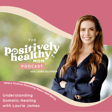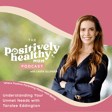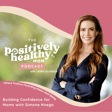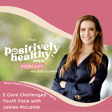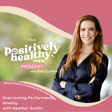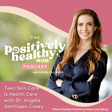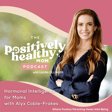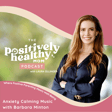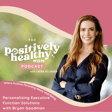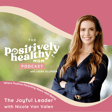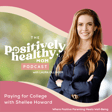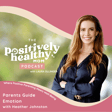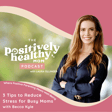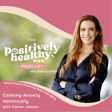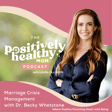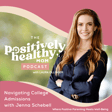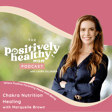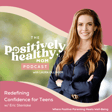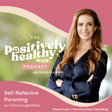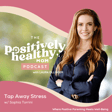
Sex and Empowerment Education
Welcome to The Positively Healthy Mom Podcast! I’m your host, Laura Ollinger, and today’s episode is all about Sex and Empowerment Education—a topic every parent should feel confident discussing with their kids. Joining us is Saleema Noon, a renowned sexual health educator and co-author of Talk Sex Today: What Kids Need to Know and How Adults Can Teach Them. 🌟
Saleema specializes in equipping parents with the tools and confidence to discuss topics related to sexual health, consent, and empowerment with their children. She breaks down the barriers of awkwardness and misinformation to create a safe space for open communication. Her goal? To help parents empower their kids with knowledge and self-respect, fostering healthy attitudes toward sex and relationships.
In this episode, Saleema shares practical strategies for approaching these conversations in age-appropriate ways, helping kids build body confidence and teaching them the value of boundaries and mutual respect. She also tackles common challenges parents face, like overcoming their own discomfort and addressing the influence of media and peers on their kids' understanding of sex.
Plus, Saleema has generously offered some freebies and resources for listeners! If you visit her website at Saleemanoon.com additional tools to help you feel more prepared and empowered in talking about sex and relationships with your children.
If you’ve ever wondered how to navigate these crucial discussions with your children or support others in doing so, this conversation is a must-listen. Saleema’s wisdom, humor, and practical advice will leave you feeling empowered and prepared. Grab your coffee, settle in, and join us for this enlightening and inspiring discussion. 🎧
Let’s get started!
